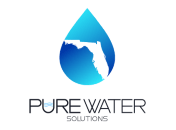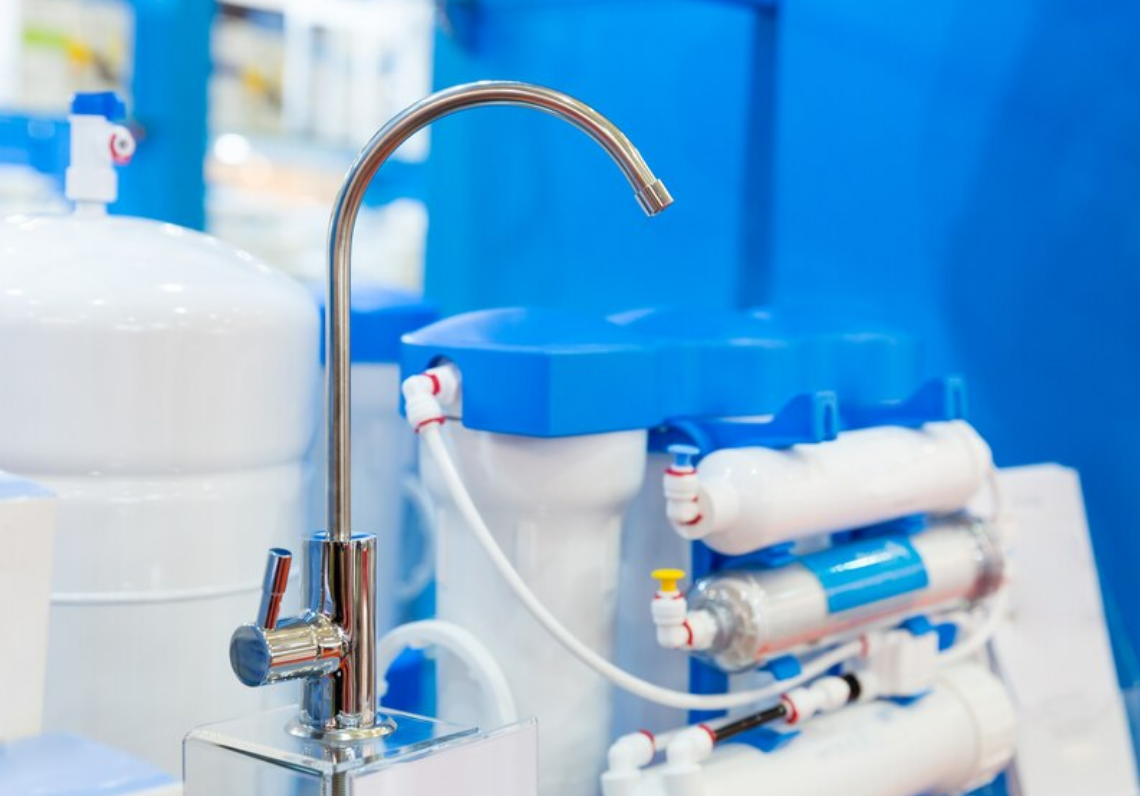976 Florida Central Parkway Suite 136 Longwood, FL 32750 • 407 605 3803
SE HABLA ESPAÑOL
Types of Well Water Filtration Systems and How to Choose the Right One
Unlike municipal water, well water is not treated before reaching homes. Since it is taken directly from the ground, it may include some pollutants. Effective filtration is required to provide safe and clean drinking water. We've created a full overview of several well water filtration systems, as well as advice for choosing the best one depending on your specific needs.
Common Contaminants in Well Water
Well water filtration is an important factor in assuring safety because well water usually contains a variety of toxins. There are hard water minerals, such as calcium and magnesium, which can frequently cause scale buildup in plumbing and appliances.
This will reduce both their efficiency and the lifetime of the appliances. Even sulfur can cause quite significant harm to plumbing systems while also emitting a rotten egg stench.
Types of Well Water Filtration Systems
Sediment Filters
Sediment filters serve as the first shield in most of the well-water filtration systems. They effectively capture the larger particles such as dirt and rust, while also enhancing water clarity and the ability of other filtration elements.
Activated Carbon Filters
Activated carbon filters function by adsorbing impurities, successfully capturing chlorine, organic substances, and other pollutants that can alter the taste and smell of water. They are also capable of lowering small amounts of hydrogen sulfide, which helps to reduce the unpleasant rotten egg odor linked to sulfur in well water.
Iron and Manganese Filters
Iron and manganese filters are specifically designed to remove high levels of these minerals, which helps prevent staining on sinks, laundry, and fixtures. They also enhance the taste of water and eliminate any metallic odors.
Oxidation Filters
Oxidation filters are great for removing sulfur (hydrogen sulfide), iron, and manganese from well water. These systems work by injecting air, chlorine, or hydrogen peroxide to oxidize these contaminants, which makes them easier to filter out. They are especially effective at getting rid of the unpleasant smell of sulfur.
Reverse Osmosis (RO) Systems
Reverse osmosis (RO) systems utilize a semi-permeable membrane to eliminate dissolved solids, heavy metals, nitrates, and bacteria. This method is very efficient, capable of removing up to 99% of contaminants and providing high-quality drinking water.
Water Softeners
Water softeners work through ion exchange to eliminate calcium and magnesium from water, which decreases hardness and helps prevent scale accumulation in pipes and appliances. By softening the water, these systems can prolong the life of water-using appliances and enhance the overall quality of water for household purposes.
Conclusion
Identifying the exact pollutants in the water is critical when choosing an effective well water filtering system. It is crucial to conduct regular tests to ensure safe water quality. Whether you require a simple sediment filter or a more complicated multi-stage system depends on the quality of raw water. If you select the appropriate filtering system you can improve water safety, taste, and overall health. Seeking guidance from professionals is also helpful in determining the best filtering option for a household's specific needs.


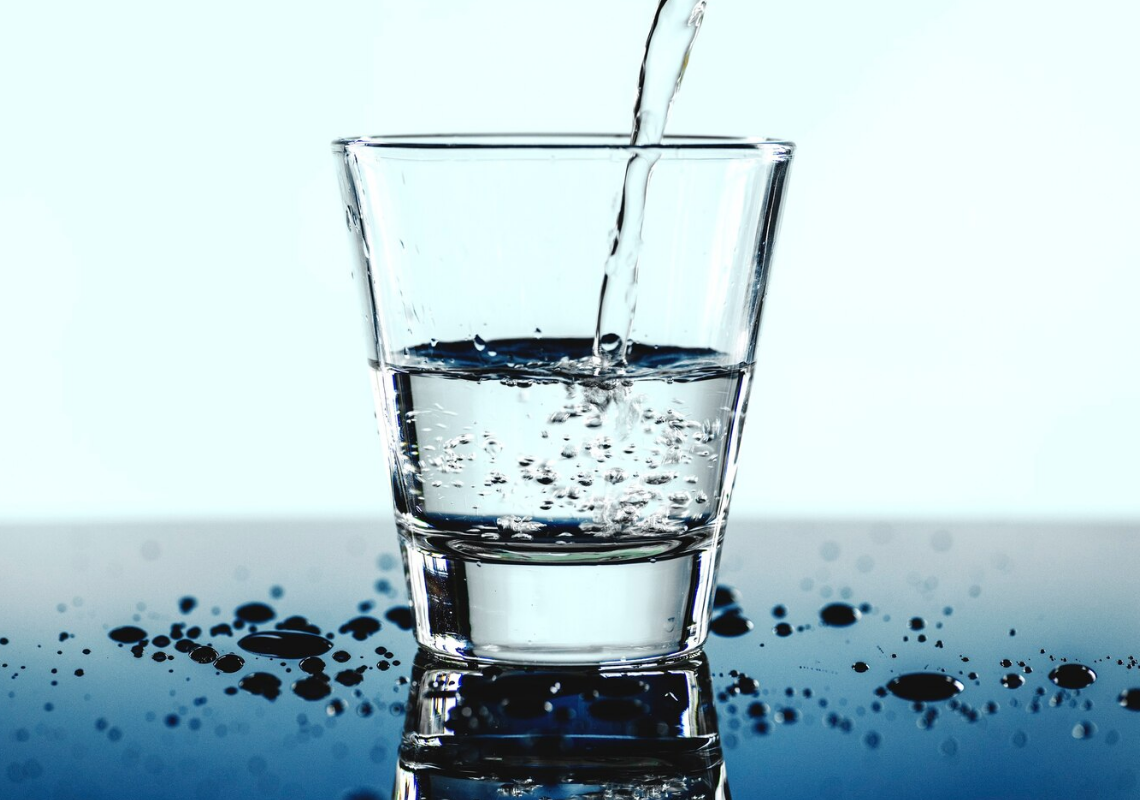
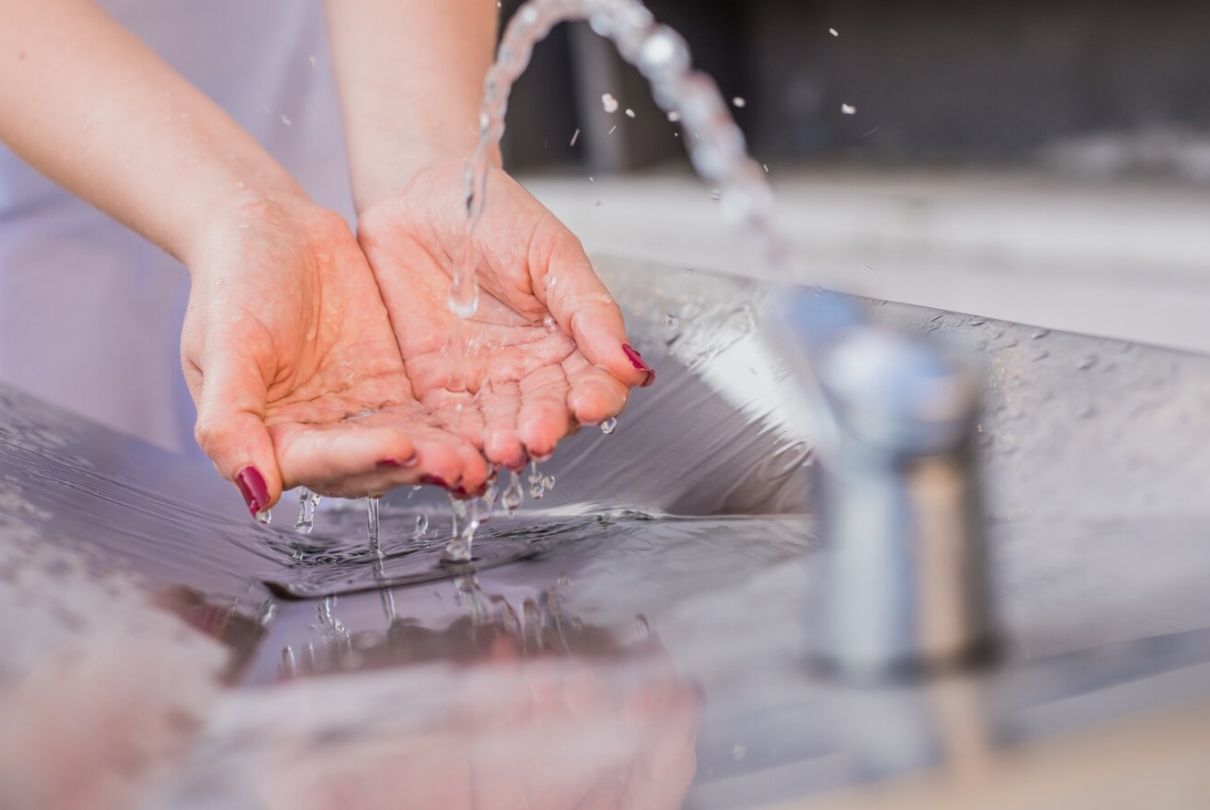

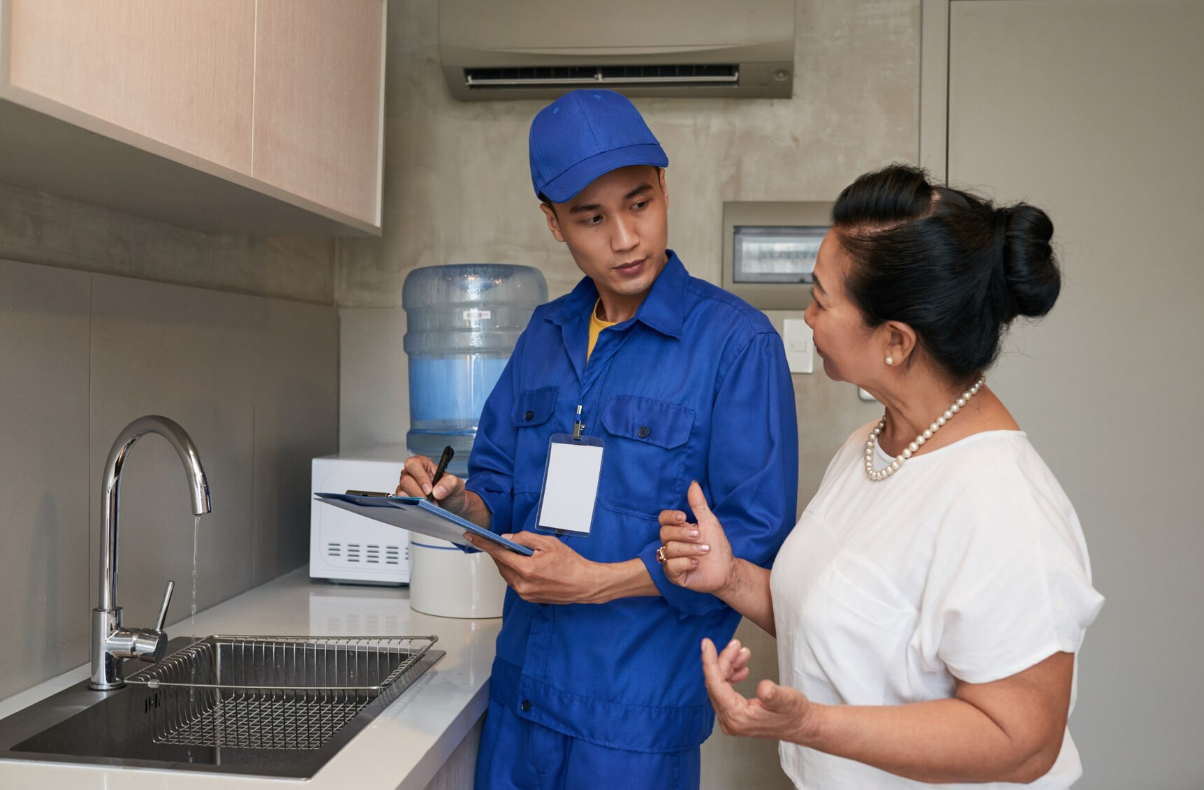
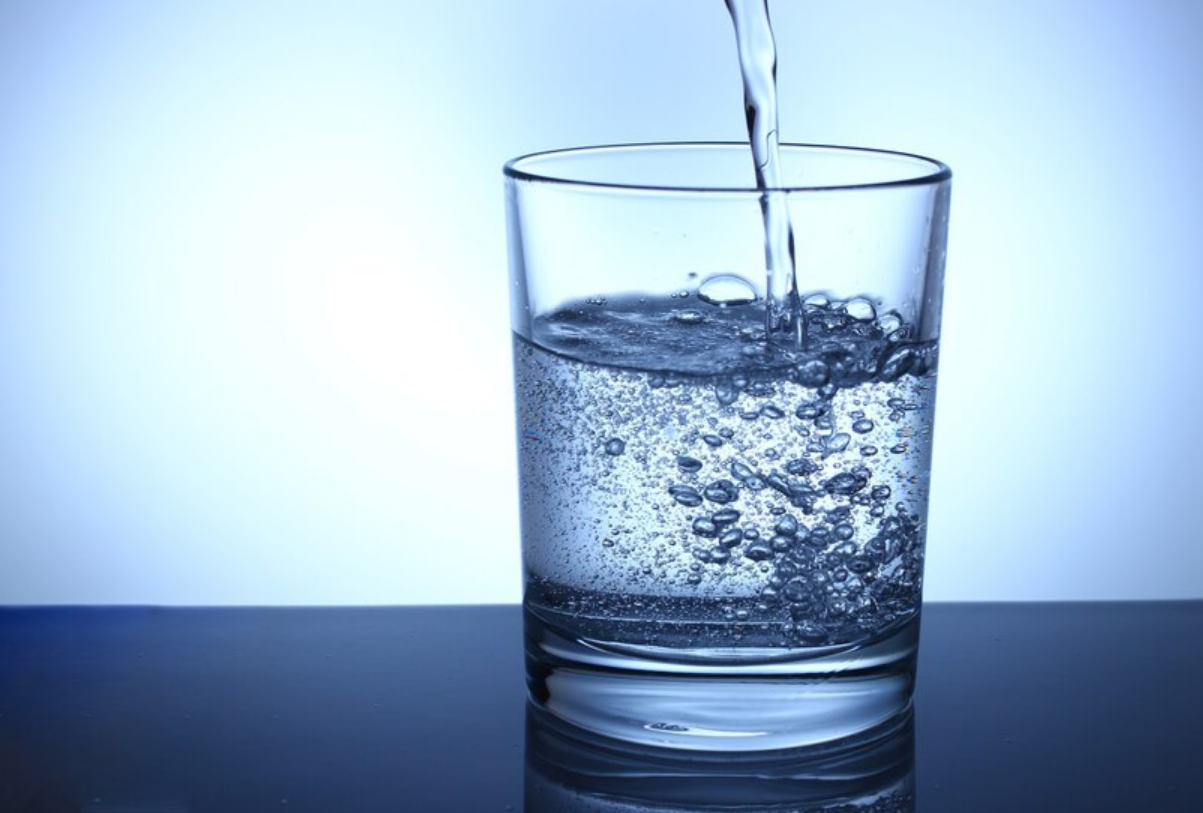
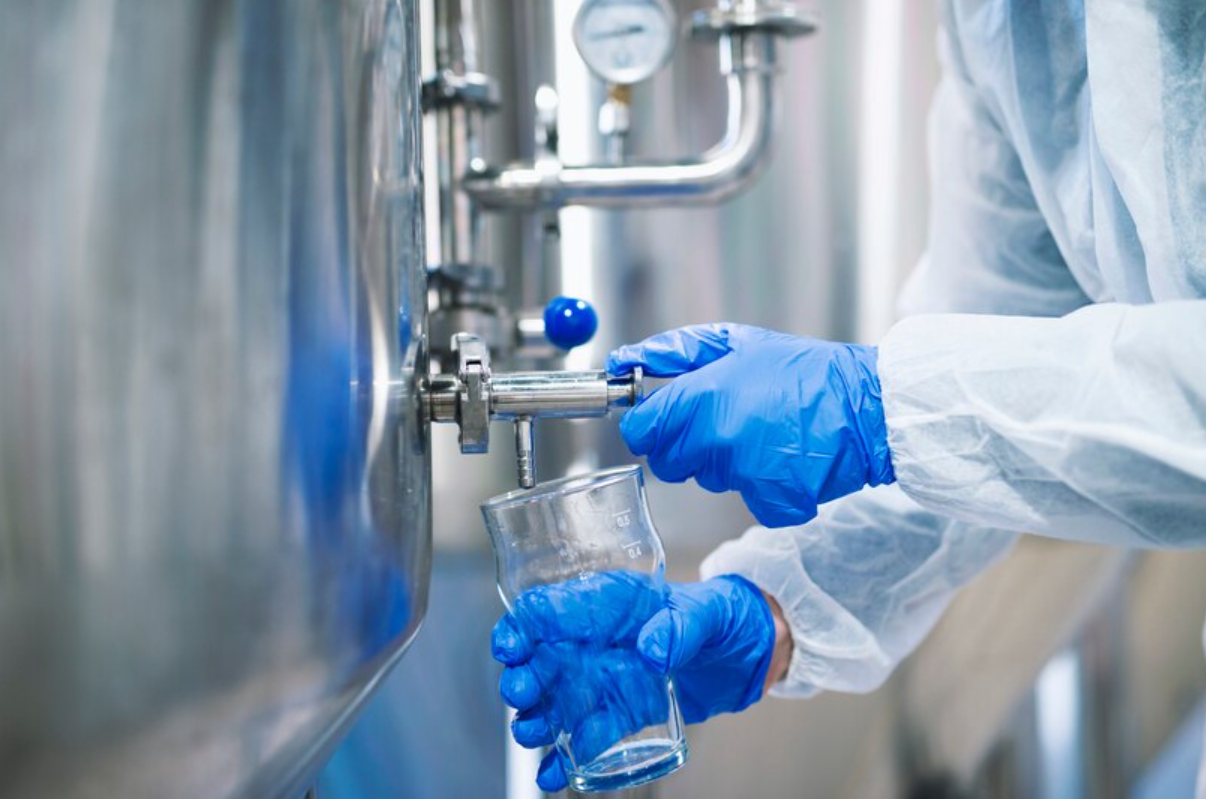

Contact Information
Phone: 407-605-3803
Email: info@flpureh2o.com
Address: 976 Florida Central Parkway Suite 136 Longwood, FL 32750
Payment Option





Financing Available
Our Location
Last updated 25 Oct 2023 by GTK
